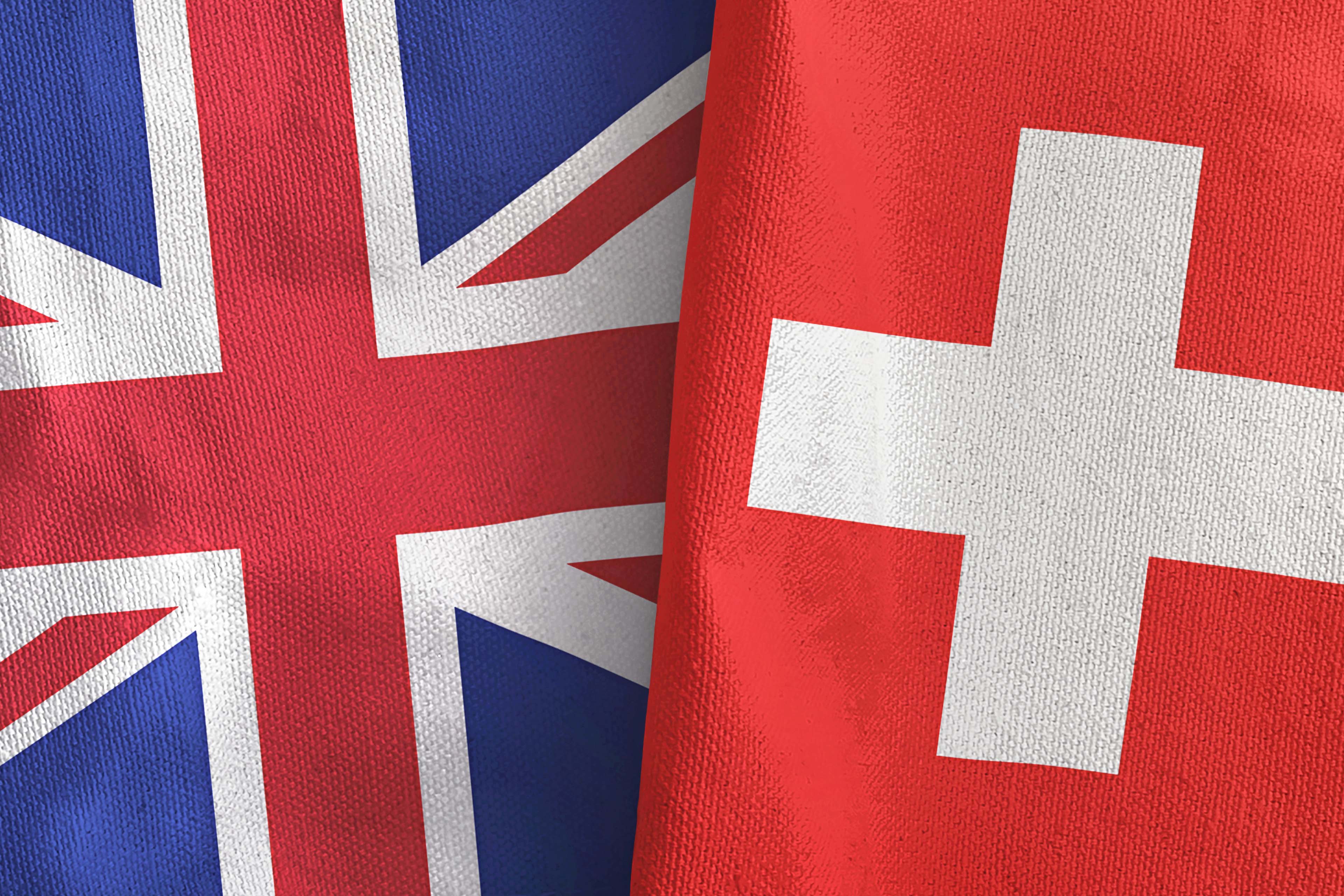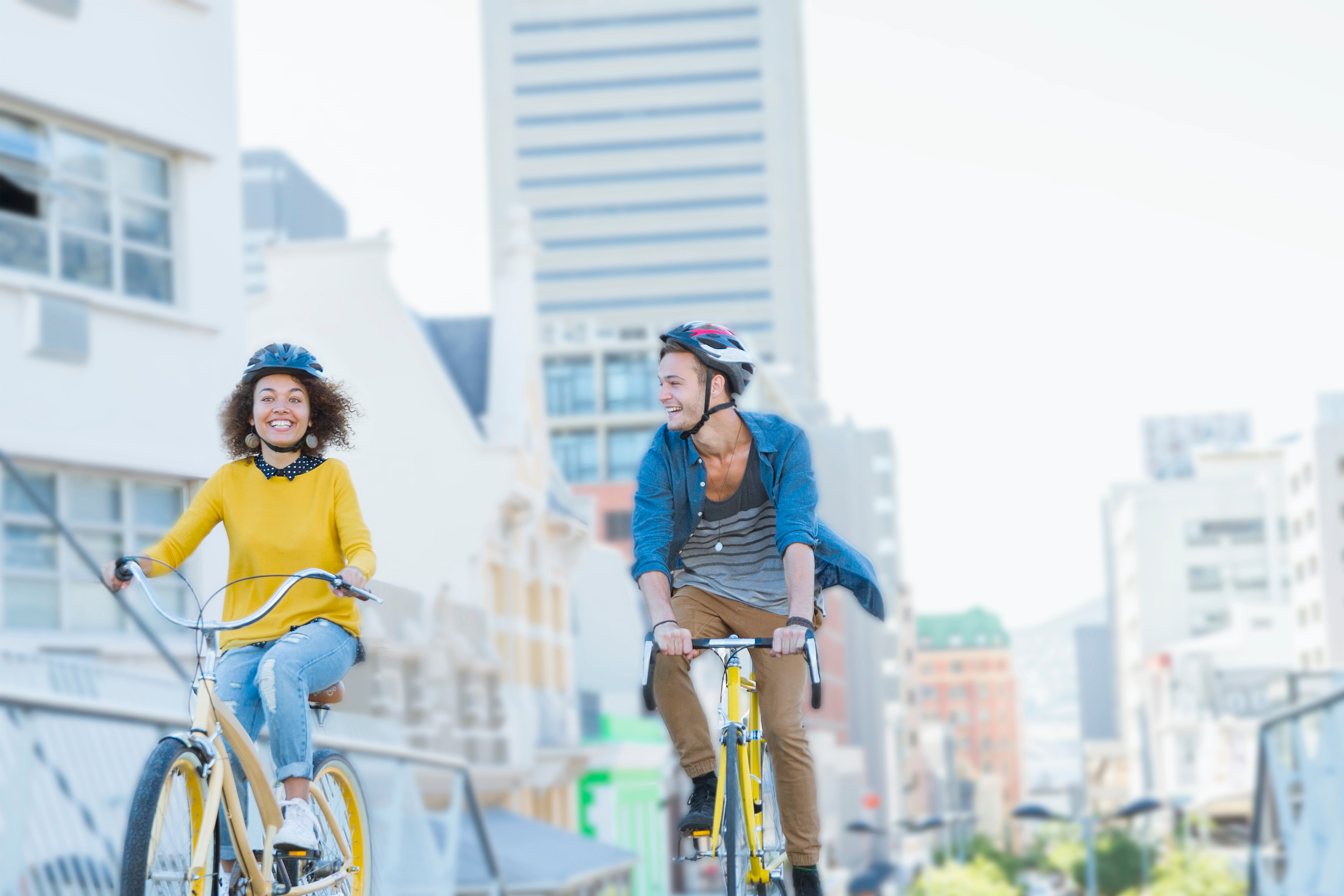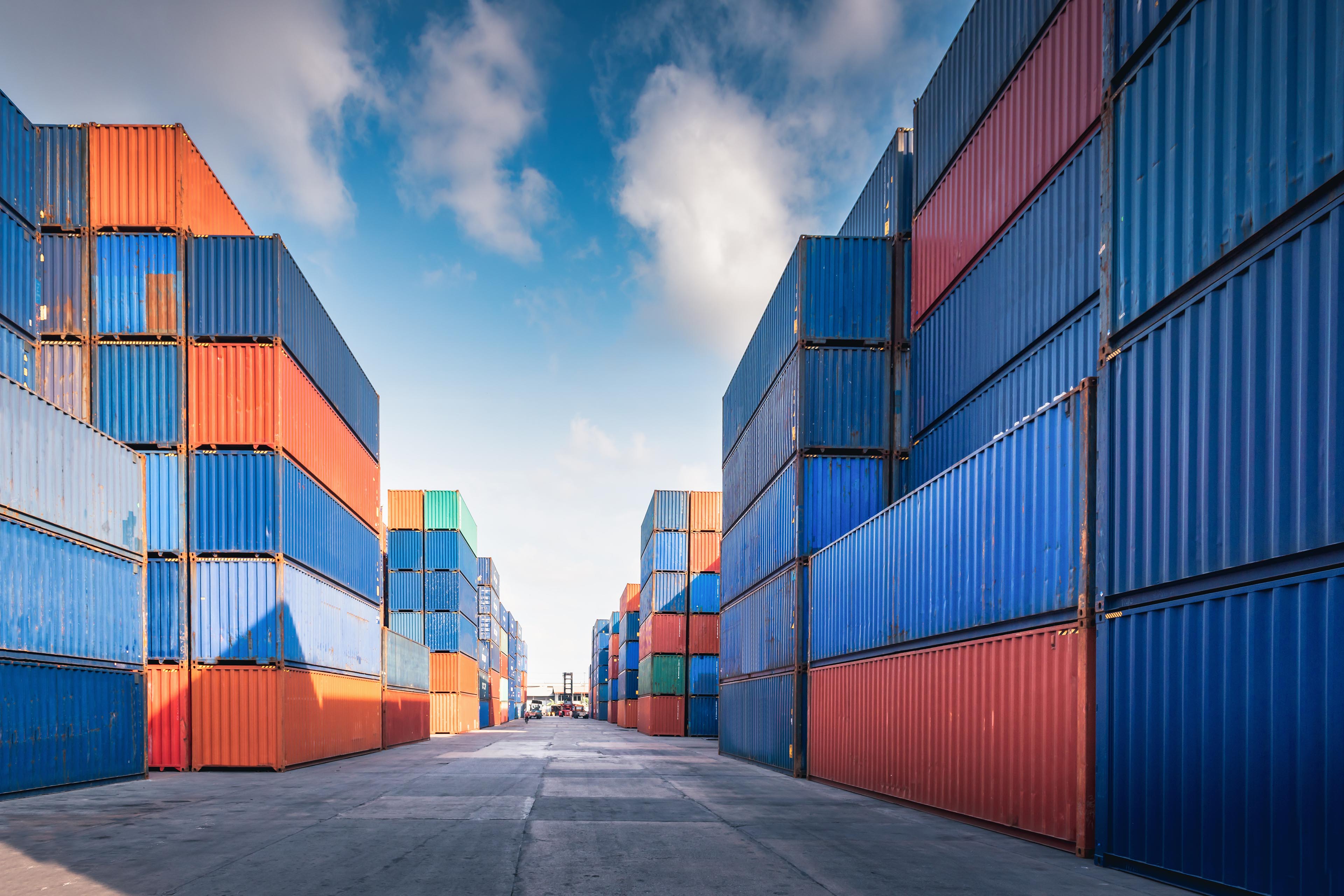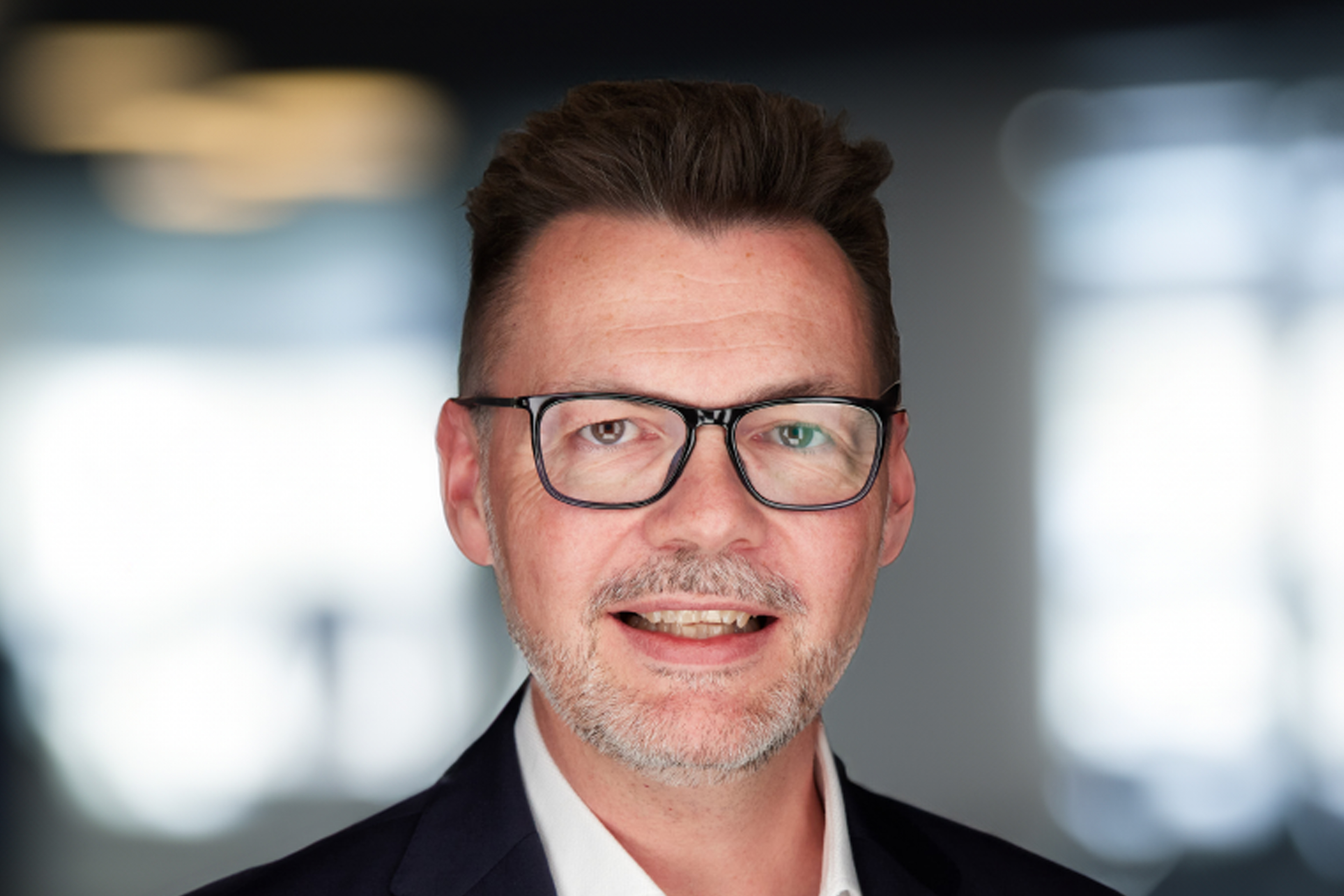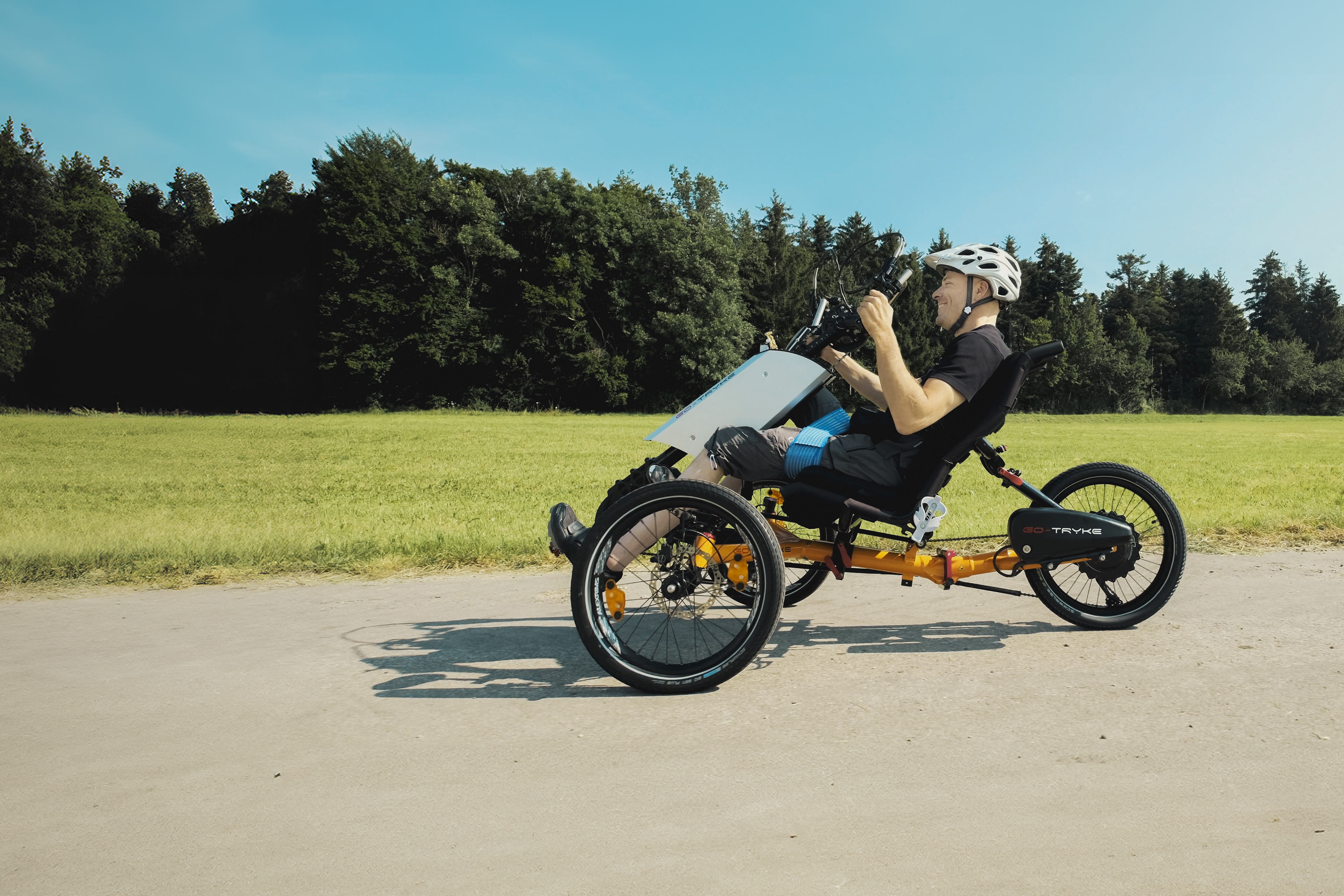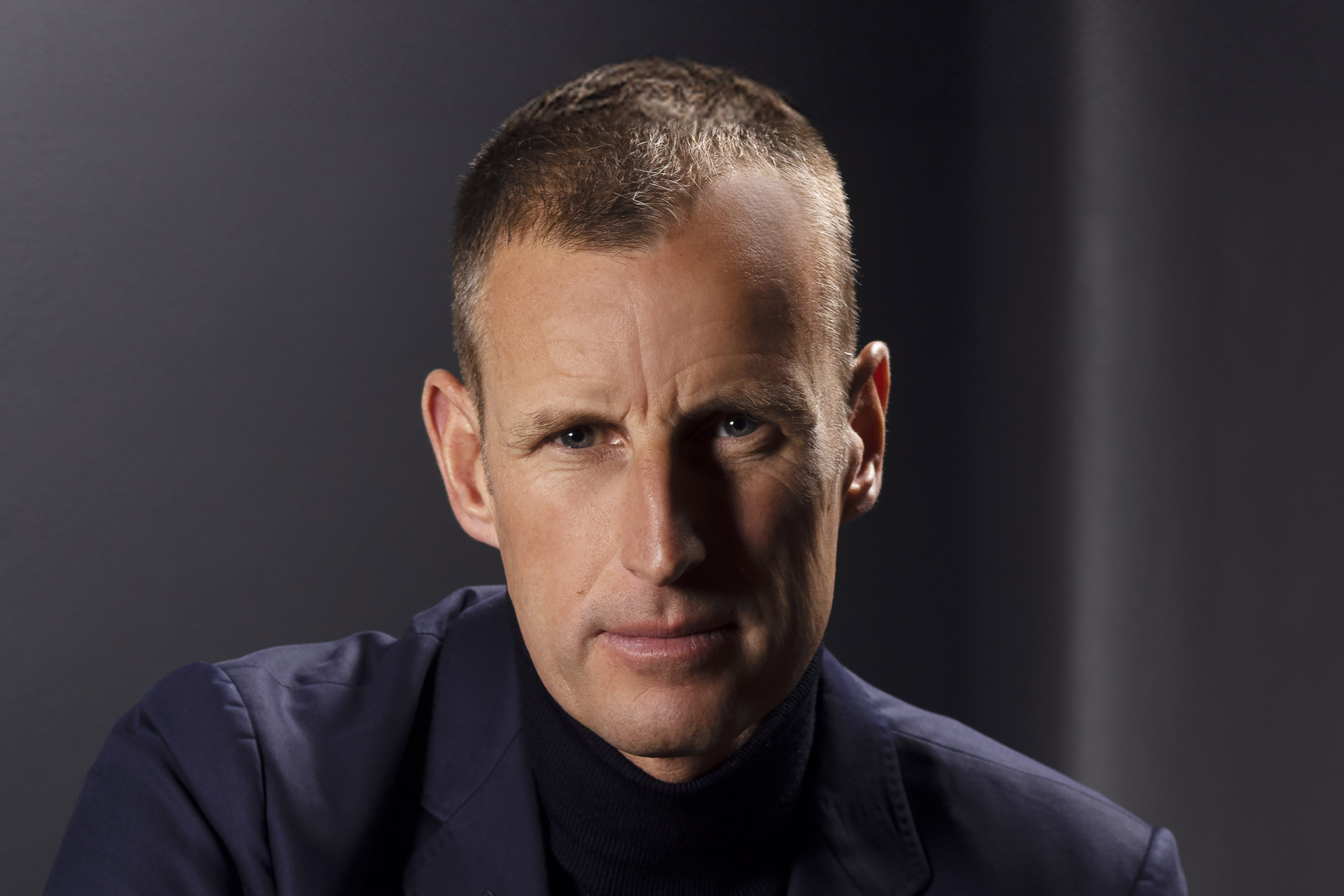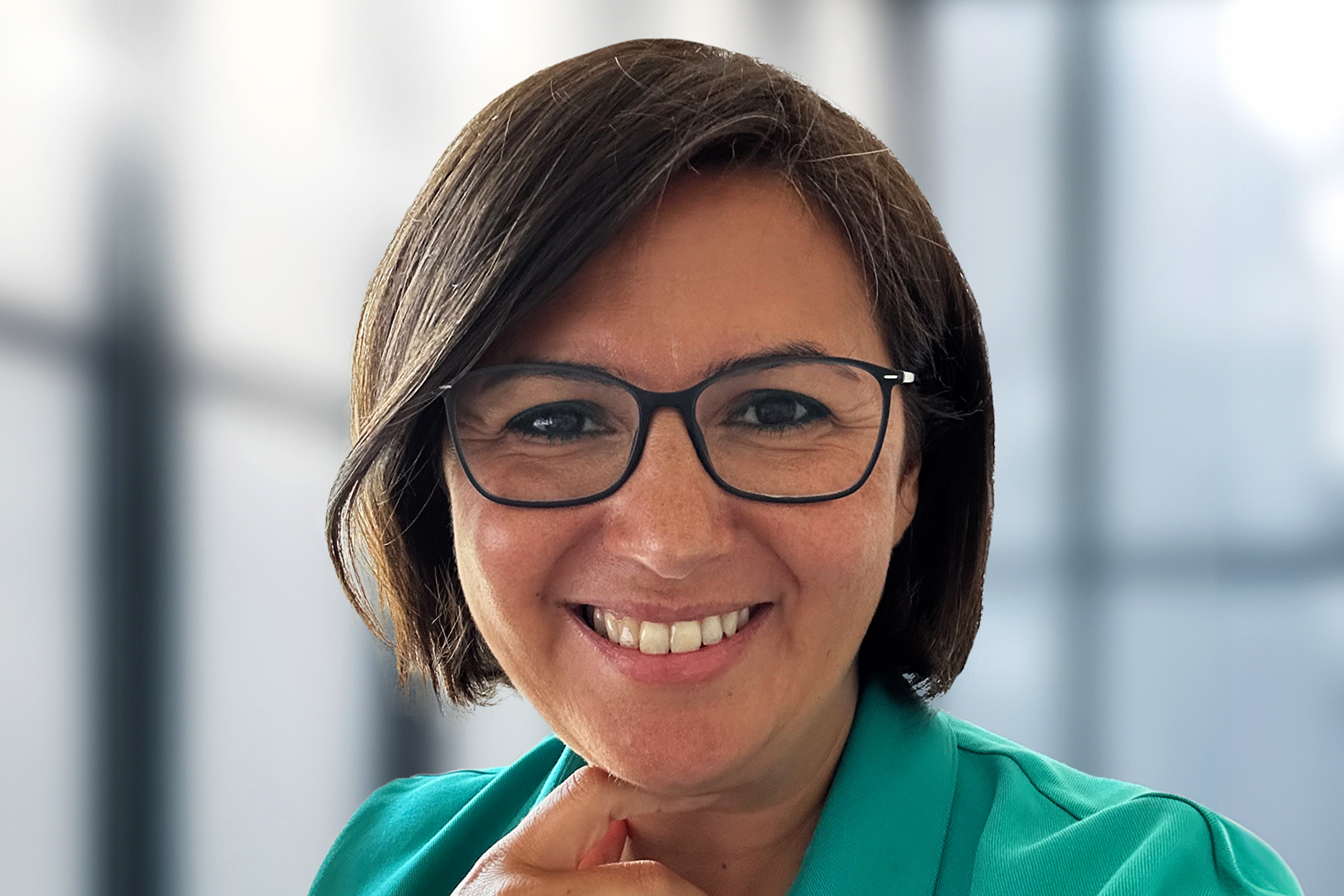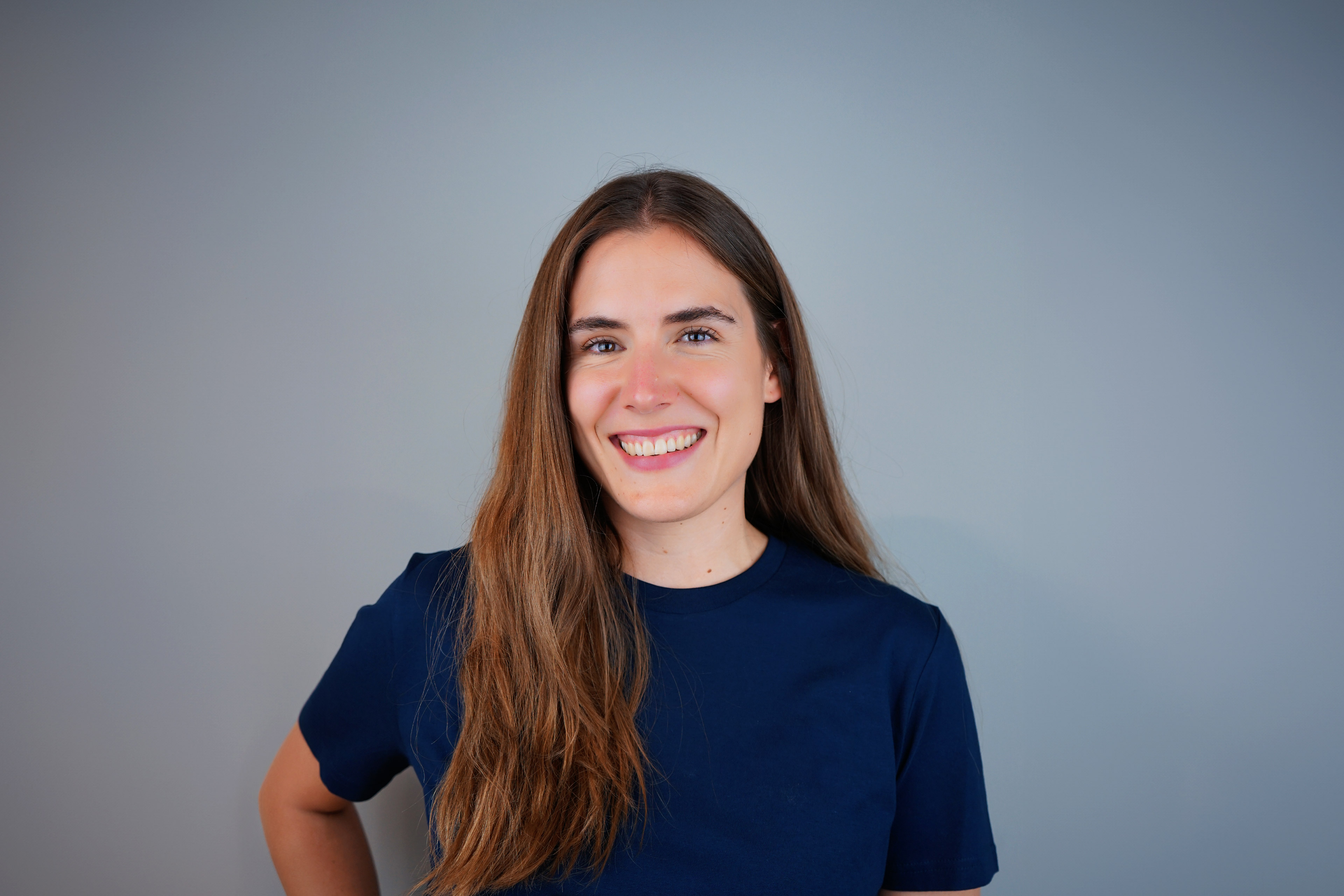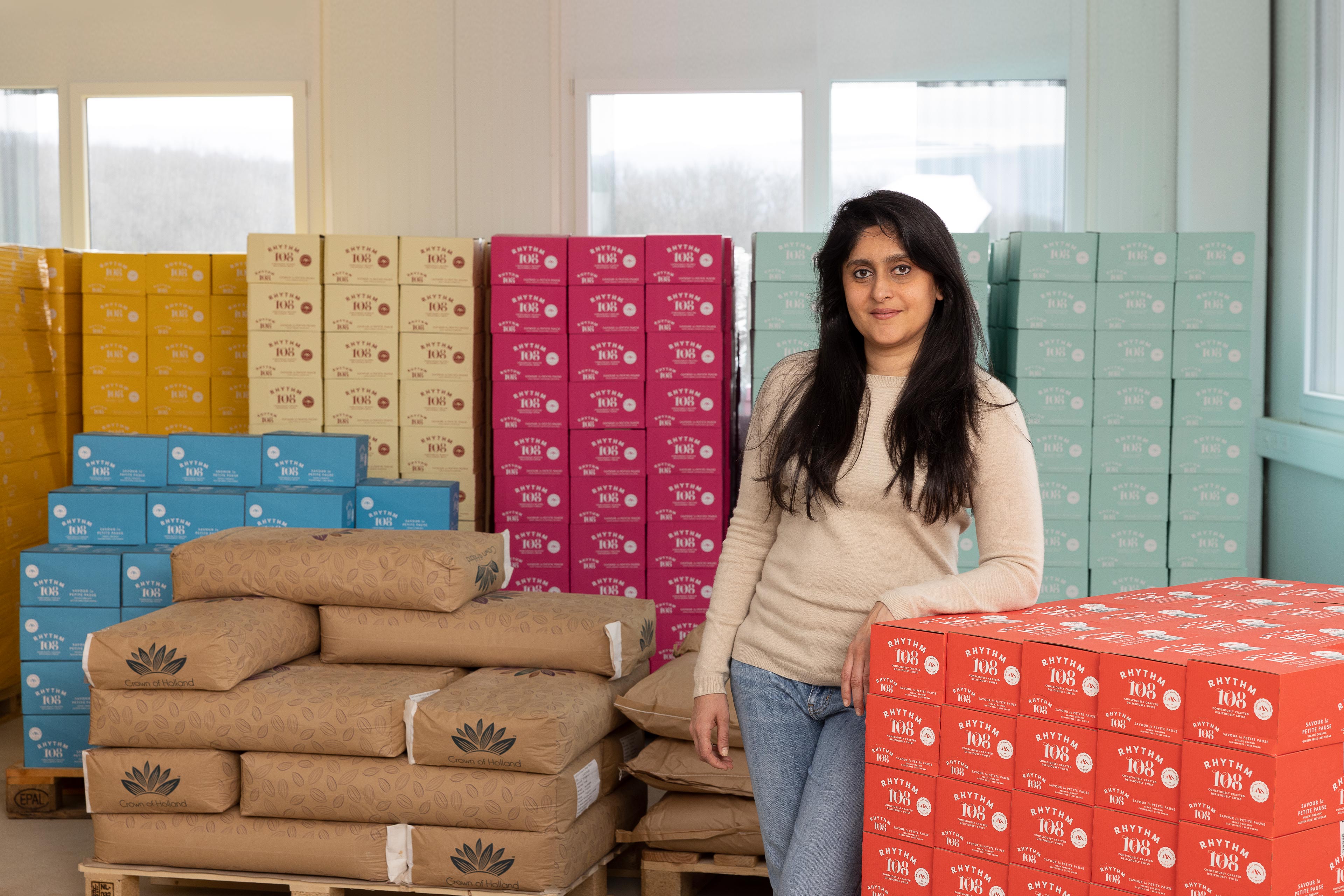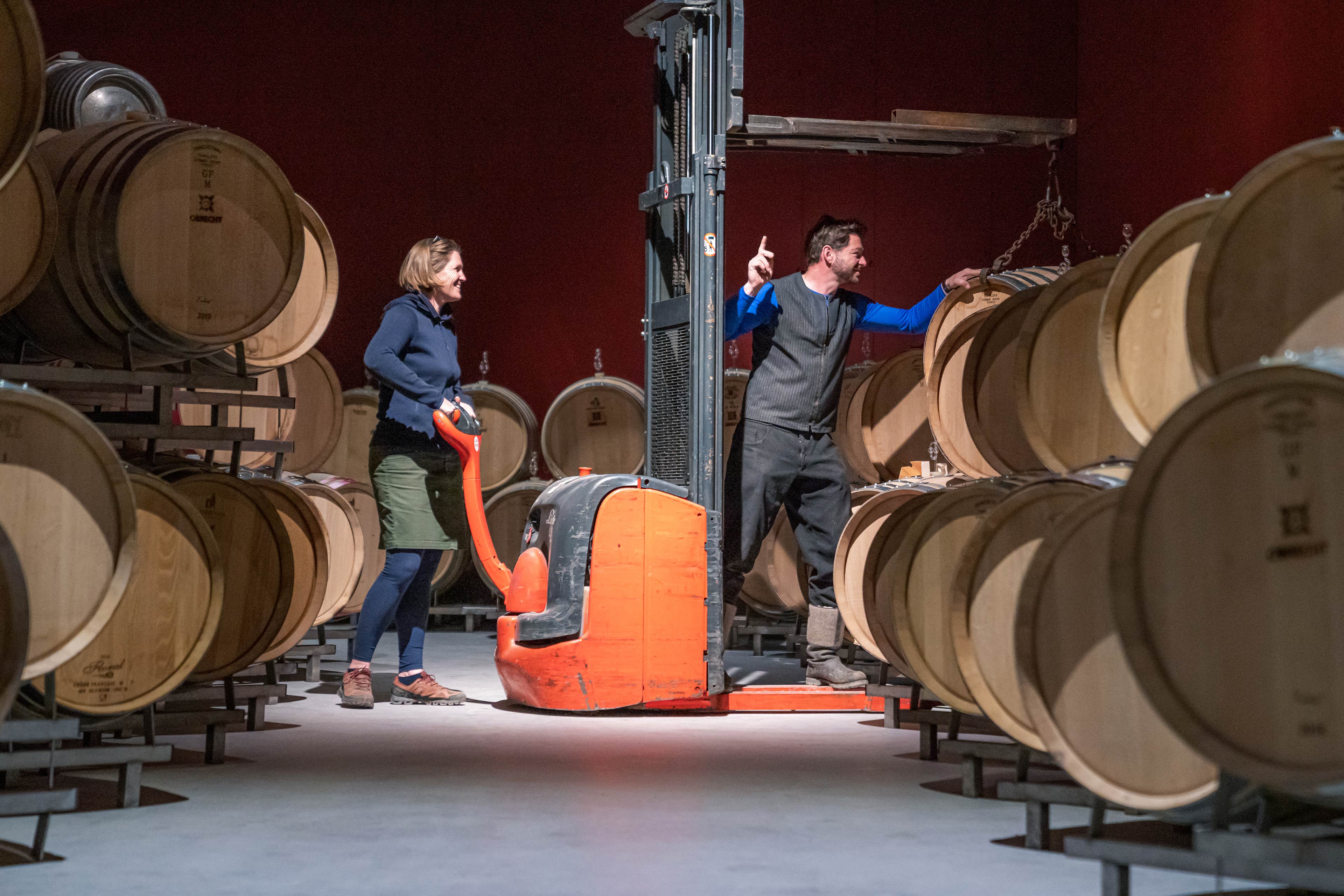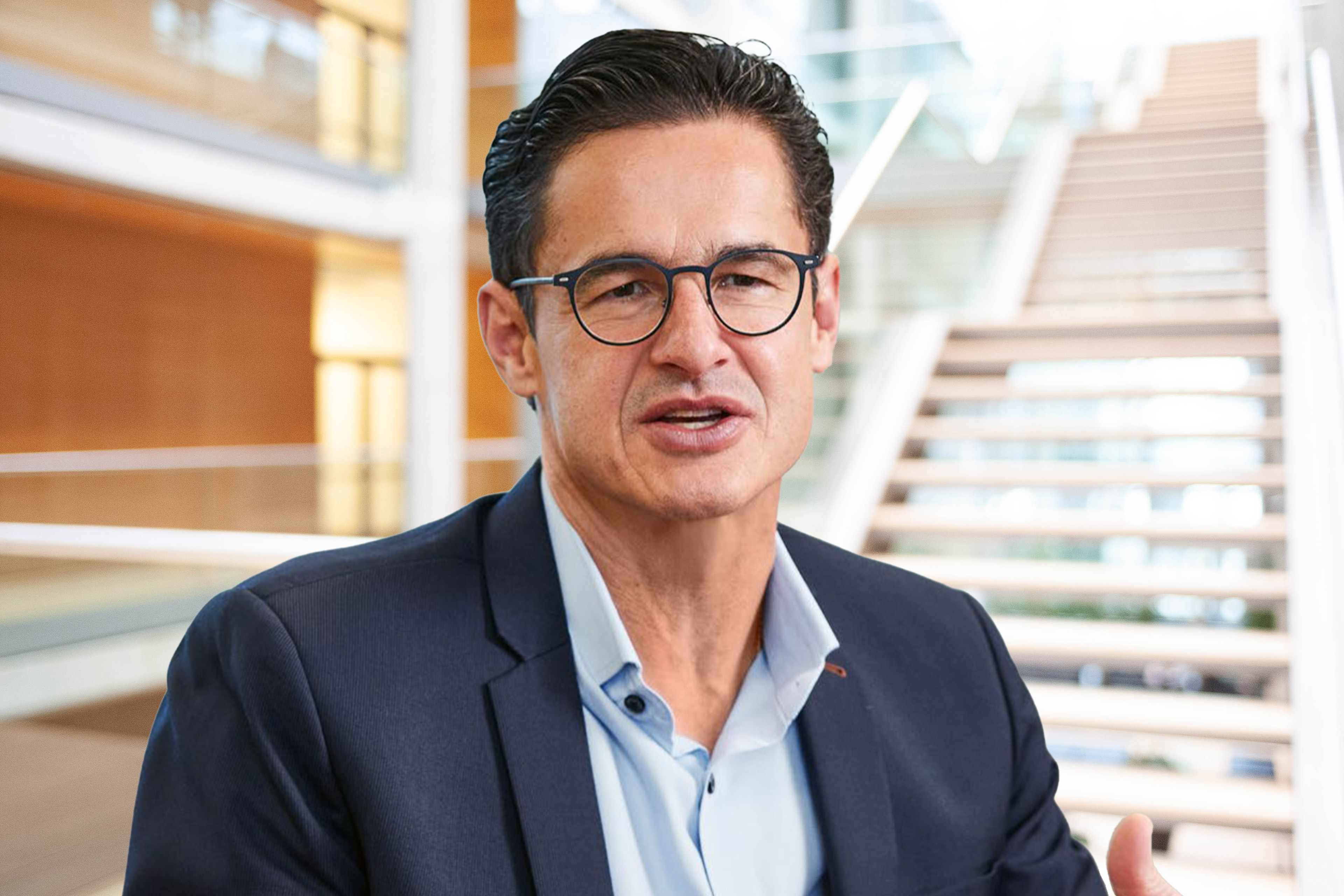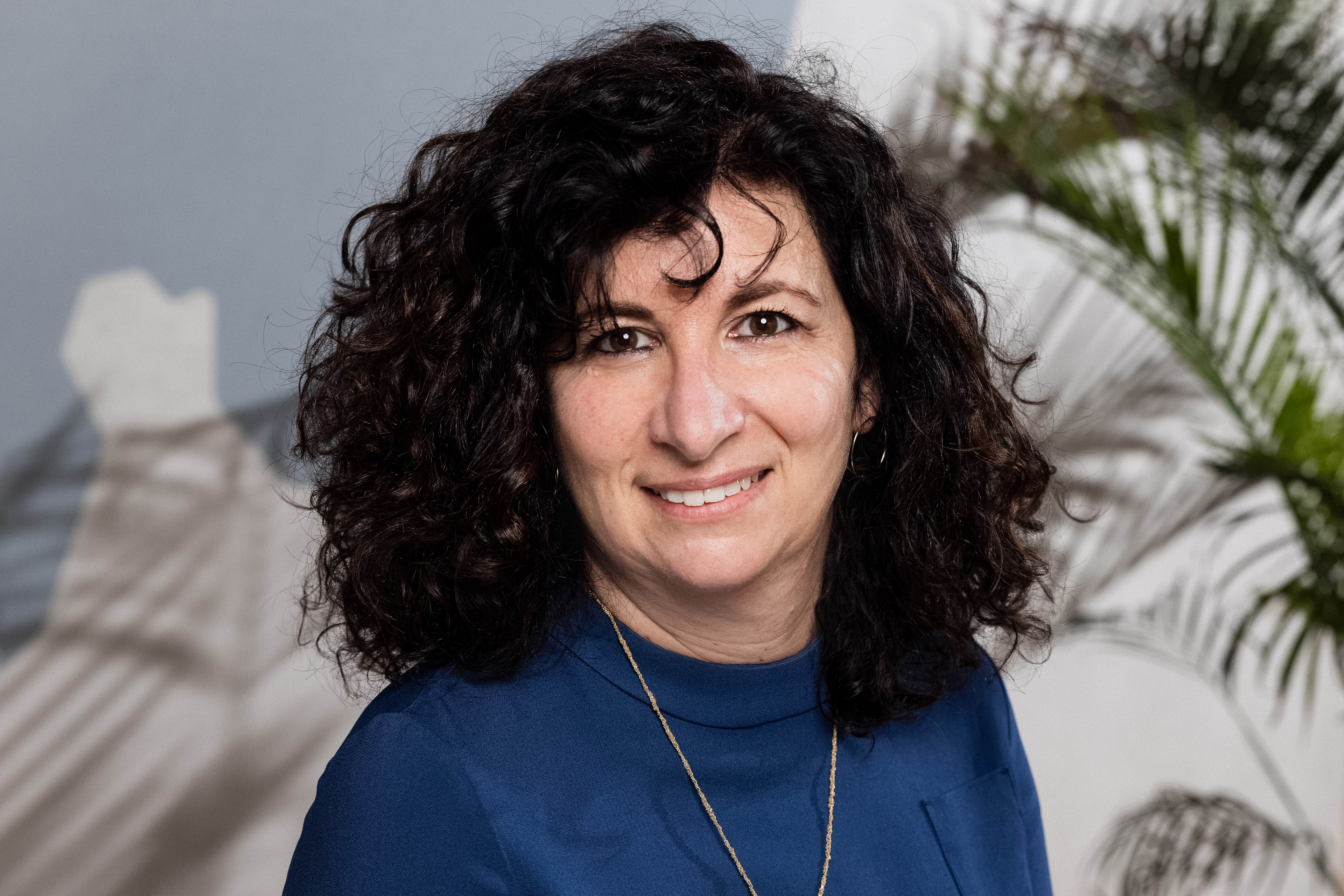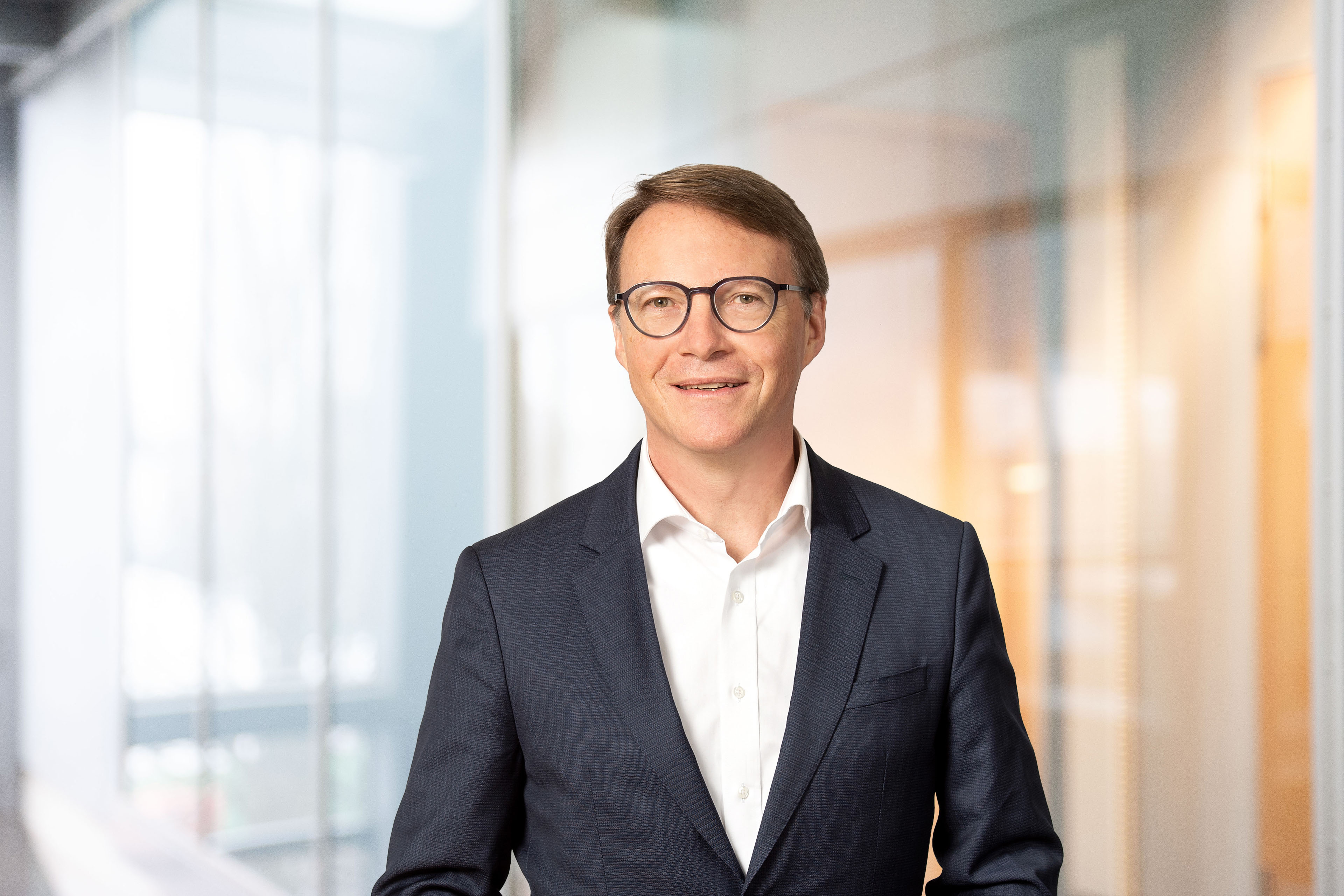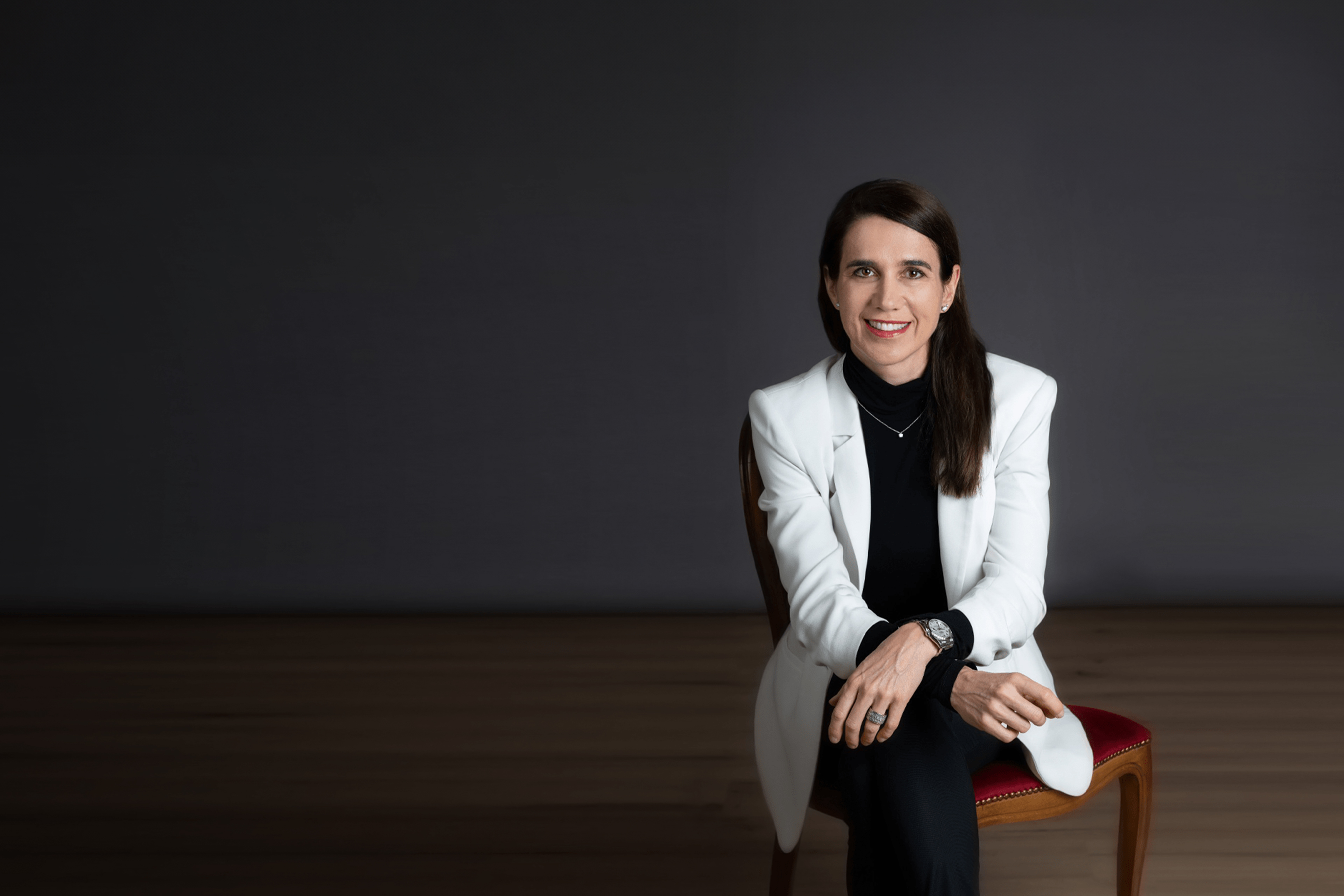EY refers to the global organization, and may refer to one or more, of the member firms of Ernst & Young Limited, each of which is a separate legal entity. Ernst & Young Limited is a Swiss company with registered seats in Switzerland providing services to clients in Switzerland.

“The future focus should be on developing consumer behavior.
François-Henry Bennahmias
François-Henry Bennahmias was born in Paris. After five years as a professional golfer, he decided to take on new challenges in the luxury industry, working for brands such as Giorgio Armani, Gianfranco Ferré and others, before entering the world of fine watchmaking with Audemars Piguet in 1994. In less than three years, he was promoted to brand manager for Singapore and held responsibility for the markets of France, Germany, Italy, Spain, Switzerland, Brunei, Australia and Malaysia. In 1999, he became managing director of Audemars Piguet Inc. (North America) in New York in order to develop the brand across the Atlantic. He has been the global CEO of Audemars Piguet since 2012.
7 minute read
23 September 2020
As we emerge from the acute phase of the COVID-19 crisis, our journey towards a new normal begins. EY asked various thought leaders and decision makers to take stock and share their insights into what’s next. François-Henry Bennahmias, global CEO of Audemars Piguet, explains how the lockdown has changed the way he works and how he is coping with the new responsibility.
Do you remember the exact moment when the crisis first affected your company?
Yes, I can remember it well. We were right in the middle of a workshop on… crisis communication! Halfway through the meeting, we got a phone call about the first potential case of coronavirus in the company. We stopped the workshop and 48 hours later, on 18 March, the company shut its doors temporarily. Ironically enough, on 21 January I had spoken to the entire workforce about the need to strengthen the company to make it “unbreakable” in the face of emerging difficulties.
How would you describe the current environment?
There will inevitably be a pre and post COVID-19 world. The situation afterwards will never look the same as it did before. On the positive side, because I tend to be a glass-half-full kind of person, I think the crisis will bring people together around healthier values and will stimulate creativity and innovation.
What challenges were you least prepared for?
We were fairly well prepared, to be honest. We managed to temporarily close our offices and production sites in Switzerland in just 48 hours. Even when everything was closed down, we were regularly in contact with our strategic suppliers on the telephone. We’ve since reopened but we’re not at full capacity yet. We expect volumes to drop by 20-25% this year, back to where they were in 2013, and sales to hover around 2017 levels. Sales trends have closely followed the curve of reopenings across the world. So, in answer to your question, I would say we were quite well prepared!
The crisis will bring people together around healthier values and will stimulate creativity and innovation.
How high on your agenda today are crisis-related matters?
I’m more concerned with philosophical questions than operational matters. We are well prepared operationally. If production were to drop tomorrow to 25,000 watches instead of the 40,000 envisaged, we’d know exactly what to do. The fundamental question is: when and how will all this end? On the third weekend of lockdown, in one of my weekly videos for our staff, I asked them to ask their children of all ages how they thought the world would be post-COVID. I received drawings, videos, emails, letters and so on. All of them spoke about love. They wanted to hug their family and their grandparents. We are going back to the very essence of what it means to be a human being. Three days later, the idea popped up in my mind: what if we changed Audemars Piguet’s business model to focus even more on the human aspect? All I can tell you is that the new watchword will be “B to L”, Business to Love, which we plan to officially implement as “P to P”, People to People, because in the luxury market, love and emotion are essential feelings for our customers. In 99 out of 100 cases, however, the customer’s experience is at best reasonable, at worst mediocre, including with us. We need to completely relearn the dynamics of the customer relationship.
How has lockdown changed the way you work?
I have a much more balanced lifestyle: gone are the air travel and the jet lag. Doing sport and eating at regular hours is much healthier and ultimately more productive. I came up with three big ideas during lockdown. Surely that’s no coincidence? Working too hard achieves nothing. I’m horrified to see some people forgetting very quickly and wanting to go back to how things were beforehand. We need to learn to focus more on what really matters. Two years ago, I stopped emailing after 6pm or on weekends. I then read Netflix’s policy on employee culture, which states that you must trust your staff. The more people are trusted, the more trustworthy they become. So we have introduced a remote working system. We had an outstanding year in 2019 which allowed us to pay our employees a 14th month salary this year, despite being in the midst of a crisis! That’s a real confidence booster. Our employees say that they are happy.
We need to learn to focus more on what really matters.
What do you miss most about the pre-crisis era?
Not seeing my two daughters, who both live in the United States. Otherwise nothing. Especially not the travelling.
It is said that every crisis is an opportunity: do you agree with that?
Every crisis brings its share of positives and negatives. As I said, I always tend to see the glass half full, so I focus on the positives.
What is the most valuable lesson you have learned from this situation?
Quite simply, the importance of love for your own people. I really believe that.
Knowing what you know today, what message would you send to your 2019 self?
“Get ready, because what you suspected might happen will happen, and fasten your seat belt, it’s going to be a bumpy ride!”.
How would you summarise the “new normal” in your sector?
We have a duty to preserve our know-how. We must ensure that fine watchmaking will still exist in Switzerland in 20, 30 or 50 years’ time. In Japan, highly skilled craftspeople like us are protected by the government, which funds certain trades so that knowledge can be passed on. Nowadays, when people mention watches, everyone immediately thinks of Switzerland. It is absolutely vital to protect watchmaking.
How is the crisis speeding up changes within the company?
We have redesigned our organisational set-up around health, as our employees are very demanding. We were planning to construct a huge building so that our teams could be together on the same campus but we are now in the process of completely reviewing the project. I spend a lot of time talking to young people, which gives me a lot of food for thought.
How are you coping with your new responsibility?
In a storm, it’s the captain’s attitude that makes the difference. If he’s calm and confident, the crew will pick up on this and it will all be plain sailing. Even though 2020 has been a difficult year, the ship will carry on its journey.
What advice would you give to other CEOs?
We all need to learn from each other. We’ll have to adapt to things that we didn’t know about yesterday. We have to “learn how to learn”. Humans don’t like change but our capacity to adapt is extraordinary, and we are going to need it!
In tomorrow’s world, we will have to learn how to learn.
Featured articles and interviews
Sebastian Tobler, Co-founder and CEO of GBY SA
Sebastian Tobler is co-founder and CEO of GBY SA, which has developed a new approach for the rehabilitation of people with reduced mobility. An automotive engineer by training and trade, Sebastian Tobler’s life took a new direction when a bike accident left him paralysed. Alongside his entrepreneurial activities, he heads the SCI-Mobility Lab as Professor at the Bern University of Applied Sciences.
Patrick Pruniaux, Chairman & CEO of Sowind Group
Patrick Pruniaux has a background in business administration and began his career in the watch industry at TAG Heuer. Always fascinated by innovation, he joined Apple in 2014 and oversaw the launch of the Apple Watch. Following a move to Kering in 2017, he managed the Ulysse Nardin and Girard-Perregaux watch brands. In 2022, Patrick Pruniaux spearheaded the historic management buyout and now serves as CEO of these two brands within Sowind Group.
Serra Bicak is Senior Vice President Reckitt Africa Middle East at Reckitt Hygiene. She has lived and worked in eight different countries for various roles during her career in fast-moving consumer goods. Serra Bicak is passionate about diversity, equity and inclusion (DE&I) and leads Reckitt Hygiene’s gender balance program.
Judith Häberli, CGO and co-founder of Urban Connect as well as EY Entrepreneur Of The Year™ 2023 Switzerland winner in the category "Emerging Entrepreneur", shares her motivation for starting a corporate mobility platform and explains why real change only happens when companies work together.
Siddhi Mehta, founder and CEO of Rhythm 108, talked to us about sustainability, craftmanship – and how her company combines heritage and innovation to take the Swiss chocolate tradition into the future.
Francisca Obrecht, Weingut Obrecht
Peter Rupp grew up in Sargans, Switzerland, around 20km south of the Hilti headquarters in Liechtenstein. He studied Economics in St. Gallen, then took a post-graduate degree in Engineering in Winterthur.
Peter Rupp grew up in Sargans, Switzerland, around 20km south of the Hilti headquarters in Liechtenstein. He studied Economics in St. Gallen, then took a post-graduate degree in Engineering in Winterthur.
Originally from Naples where she grew up and studied physics, Luciana Vaccaro moved to Switzerland in 1996 to complete a PhD in microengineering at EPFL. She held various positions in research and education at the universities of Neuchâtel and Lausanne before heading the Grant Office at EPFL. In 2013 she took the reins of HES-SO as rector. Last October, Luciana Vaccaro was elected president of the umbrella organization swissuniversities and started in her new position on 1 February.
Thomas Fürer has served ABB for 22 years, including 14 years in his current role as Group Head of Tax. A Certified Swiss Fiduciary Expert and Certified Swiss Tax Expert, he takes a keen interest in technology and digitalization in the tax function and beyond.
Monika Zihlmann, Global Digital Commercial Platforms
Monika Zihlmann, Vice President Global Digital Commercial Platforms at Smith+Nephew, discusses the trends and pressures shaping the medtech industry and explains why now is the time to embrace a multi-channel customer engagement model.
